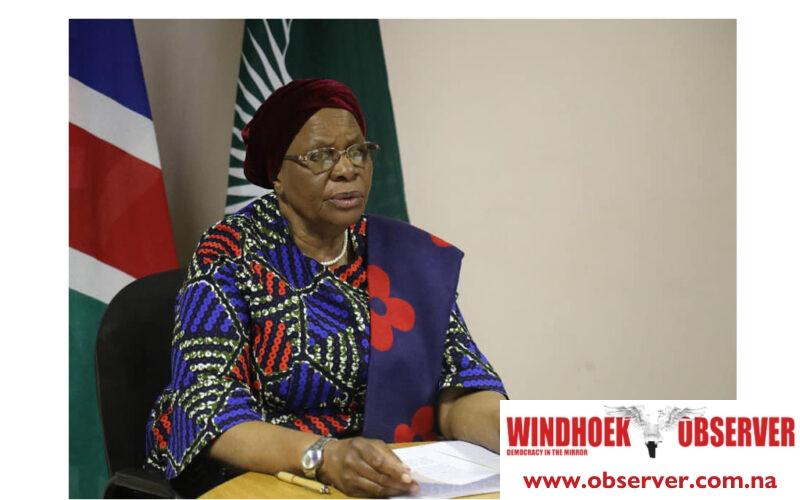Niël Terblanché
Namibia aims to position itself as a key player in the African nuclear landscape while exploring the potential of the latest technology to find sustainable solutions to the country’s energy needs to support industrial growth and environmental sustainability
The Second Nuclear Science and Technology Conference commenced in Swakopmund on Wednesday and brought together experts, policymakers, and international stakeholders to discuss the role of nuclear science in Namibia’s development.
The event has attracted international experts from the International Atomic Energy Agency (IAEA) and various African nations.
The conference, themed “Unlocking the Potential of Nuclear Science and Technology for Namibia’s Development,” aims to explore how nuclear applications can advance sectors such as medicine, agriculture, and energy to foster socio-economic growth.
Vice President Dr Netumbo Nandi-Ndaitwah, while addressing participants focused on the transformative potential of nuclear technology for Namibia.
“Nuclear science can address some of the nation’s critical challenges, from improving healthcare outcomes to enhancing food security and driving industrial development,” she said.
She also highlighted the importance of uranium, one of the country’s key exports, and how value addition through nuclear technology can unlock new economic opportunities for the country.
“International collaboration holds the key to Namibia’s success in the nuclear field,” she said.
The three-day conference builds on the success of the inaugural event held in 2022 and aligns with Namibia’s Vision 2030 and the Harambee Prosperity Plan 2, which aim to create a prosperous, industrialized nation.
Namibia is the world’s fourth-largest uranium producer, and the potential to utilize this resource domestically for nuclear energy has become a focal point of the country’s development agenda.
The Minister of Health and Social Services, Dr Kalumbi Shangula, elaborated on how nuclear technology can enhance healthcare services through nuclear medicine, radiotherapy, and diagnostic imaging, all of which could significantly improve patient outcomes.
“In 2022, Namibia recorded over 3 400 new cancer cases, and advanced radiation technologies can help reduce the mortality rate and improve the quality of life for patients,” he said.
He added that beyond healthcare, nuclear technology offers benefits for Namibia’s agricultural sector.
“The use of radiation techniques in agriculture can enhance food production and safety, making Namibia more resilient to global challenges such as climate change and food insecurity,” he said.
According to Shangula, this is in line with the conference’s broader goal to promote economic diversification through technological innovation.
The IAEA has been a long-standing partner, providing technical support to help the country build its nuclear infrastructure.
The IAEA has assisted Namibia in areas such as energy planning, water resource management, and food security, and the collaboration is expected to expand further as the country strengthens its nuclear sector
Namibia aims to position itself as a key player in the African nuclear landscape.
The country is also exploring the potential of small modular reactors (SMRs), which could offer a sustainable solution to its energy needs, supporting both industrial growth and environmental sustainability.
The conference is set to shape the future of Namibia’s nuclear policy, drive sustainable development and improve the quality of life for all citizens.




